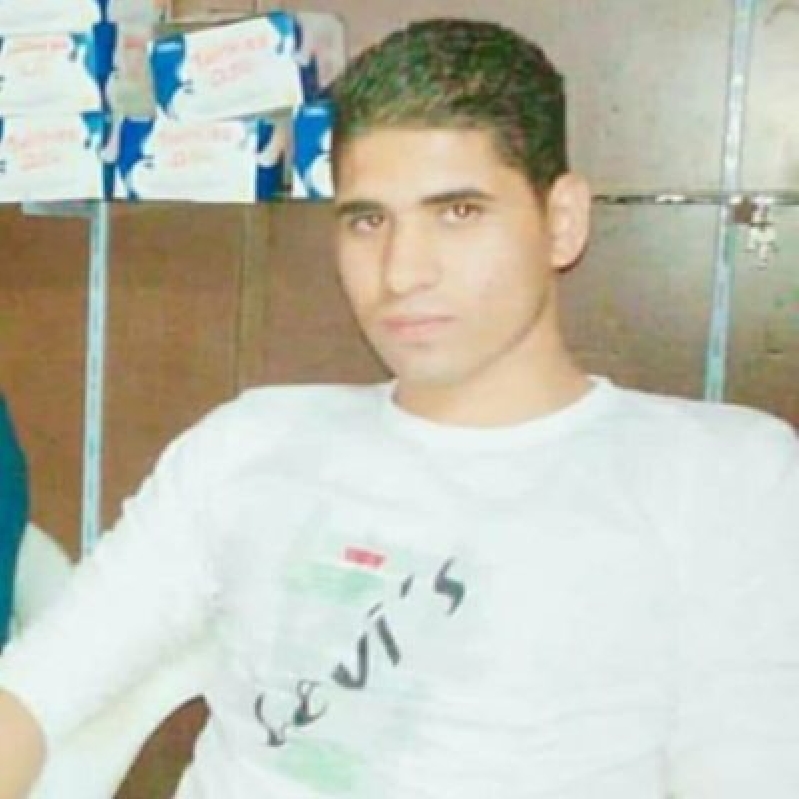
An Egyptian Coptic Christian reported to have committed suicide in his army unit last week was actually murdered by his Muslim commanding officer, his family has claimed.
Last week, Matthew Samir Habib, 22, was pronounced dead at his Al-Ahram Palace Club unit in Giza, just south of Cairo after shooting himself twice, according to the official cause of death lodged on the burial permit.
However, the young man's family members refuse to believe he took his own life, insisting he was killed at the hands of his Muslim commanding officer.
"Matthew told us many times before that the colonel in his military unit, Ayman Mohamad Ahmed El Kabeer, was always persecuting and insulting him because of his religious identity," a family member, who did not wish to be named, told World Watch Monitor.
"Matthew, however, was patient and endured it all. His friends from the same unit told us that there had been a quarrel between Colonel El Kabeer and him on the day of the incident, when he had objected to something the colonel said."
The family member said that Matthew was a devout Christian whose faith would have prevented him from taking his own life. Additionally, the family member expressed doubt that the young man could have shot himself twice in the chest, when the first shot should have proved fatal.
A priest from a local Coptic church, who did not wish to be named, also told the outlet that Matthew, who was expected home from the military in June, had told him about his persecution in the army.
"Matthew was a devout young man and came from a very religious family," the priest said. "He was very modest and loved by all people in our village. We call for the real circumstances of Matthew's death to be revealed, and for those responsible to be held accountable, because Matthew could not have committed suicide."
A group of Matthew's family and friends protested in front of the local police station last week, demanding urgent investigation into his death. A human rights activist in Minya and Asyut, who did not wish to be named, called for an investigation into Matthew's death, and also those of a number of other Copts found dead in their units.
"The alleged suicide of a number of Christian soldiers have raised many questions, but there has been a lack of investigations," the activist said. "In many cases, the military spokesman declares data on the development of various issues. So why have they not used the same method to declare facts about Coptic soldiers' cases? Families of victims have a right to know what happened to their sons and learn all the facts.
"Why don't we hear that Copts commit suicide in their homes? Why do they just commit suicide inside their military units?"
Egypt ranks No. 17 on the 2018 World Watch List for both radical Muslim persecution resulting in violence as well as social pressures interfering with jobs, schools and churches.
On Palm Sunday 2017, two suicide bomb attacks on churches killed 45 and injured 100 others in the cities of Tanta and Alexandria.
In May 2017, 30 to 35 Christians (depending on reports) were killed and 28 wounded while traveling to a monastery. The gunmen tried to get them to convert to Islam before opening fire.
In July 2017, an Egyptian Christian soldier was beaten to death for refusing to remove his tattoos of a cross and Christian saints.
Copts are the native Christians of Egypt, accounting for about 10 percent of the country's 88 million people.






